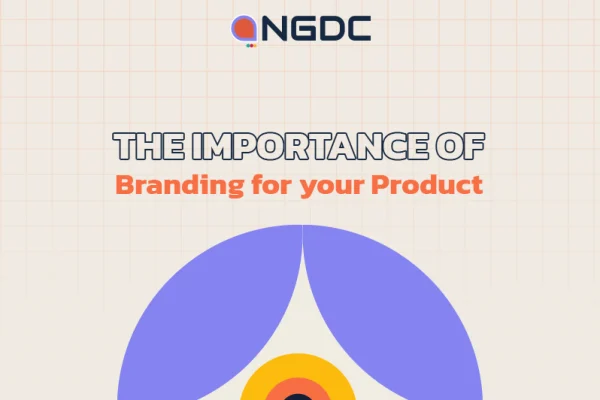
Marketing VS. Advertising: What’s the difference between them ?
July 29, 2021
Top 4 free online courses with free Certificates 2021
July 29, 2021A marketing plan lays out a company’s strategy for attracting new consumers, communicating with existing ones, and promoting its brand.
Marketing strategies guarantee that each marketing campaign is aligned with a larger strategy, resulting in a higher return on investment and more efficient use of time and resources.
Because marketing plans guide all of your marketing efforts, it’s critical that they cover all aspects of your marketing mix. Here there are a few things to consider:
1)Executive Summary: What is your goal with your marketing plan?
2)Mission Statement: What’s your company’s “why”?
3)Trackable Goals :How will you measure success?
4)Situation Analysis: What’s your industry look like in the next five years and how is your company adapting?
6) SWOT Analysis: Strengths, weaknesses, opportunities, and threats in the market and in comparison to competitors. 8) Buyer Personas: Similar to your target audience but with more detail and insights.
9) Promotion/Distribution Strategy: How are you going to reach and convert your target customer?
Why Do Ecommerce Companies Need Marketing Strategies?
You need a marketing plan whether you’re selling t-shirts out of your garage or providing software to large corporations. While there are a plenty of reasons why ecommerce firms like yours require a marketing strategy, we’ll keep it simple by focusing on the following three.
- Ecommerce sales are driven by marketing.
Ecommerce marketing is a big sales engine. Consumers are unlikely to visit your website and make a purchase if they are unfamiliar with who you are, what you sell, or why they should choose you over your competitors.
A well-thought-out marketing strategy can assist in answering these issues and establishing a link between what customers want and how they want it.
It’s crucial to remember that not every potential customer is ready to buy from your online company. This is where the buyer funnel comes in.
There are three steps in the buyer funnel: awareness, deliberation, and decision.
When your customer is aware of an issue or opportunity that they want to address or take advantage of, they are at the awareness stage. They’ll delve a little more into their issue and how to approach it.
The consideration stage is when your consumer has defined their problem and are researching the different approaches and options they have.
The decision stage is when they’ve decided on their method or solution and they’ll come up with a list of different merchants and products related to what they are looking for.
- There is more to it than you think.
Marketing isn’t simple and isn’t something that can be done without much forethought.(click here to start your marketing business with us)
Not only does a marketing plan help your business to be successful in driving sales — it also gives you a better idea of where your marketing stands in the current landscape and where it should go in the future.
Start with an audit of your current marketing efforts and how they align with your business goals, compare to your competitors market share, and reach your target customers.
- Informs overall strategy.
Often a marketing plan (and the process of making them) can help guide other important strategic decisions.
From your marketing audit, you may have realized that:
-The majority of your competitors are selling on Amazon.
-Your cart abandonment rate is high.
-It’s been a while since your current website was updated
How Specific Does a Marketing Plan Need To Be?
You now understand why you need a marketing plan to help you achieve your business objectives, but how specific should it be? That, of course, is dependent on your company’s overall plan.
Marketing plans can be more generalized for some businesses, while they must be incredibly concentrated and precise for others. Neither is correct or incorrect, but there are advantages and disadvantages to each approach
- Deciding to take a broad approach.?
A broad approach means that you need overall improvement on your marketing and advertising plans.
- Focusing on specific channels
Focusing on channels such as paid media, search engine optimization (SEO), or creating a well developed content marketing strategy is another great way to individually see how each channel is working.
There are much more to talk about when it comes to making a marketing plan but nothing can be done without researching





